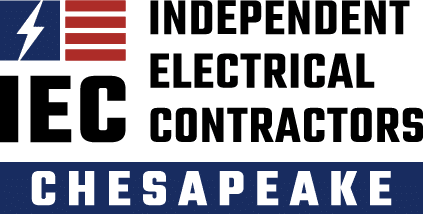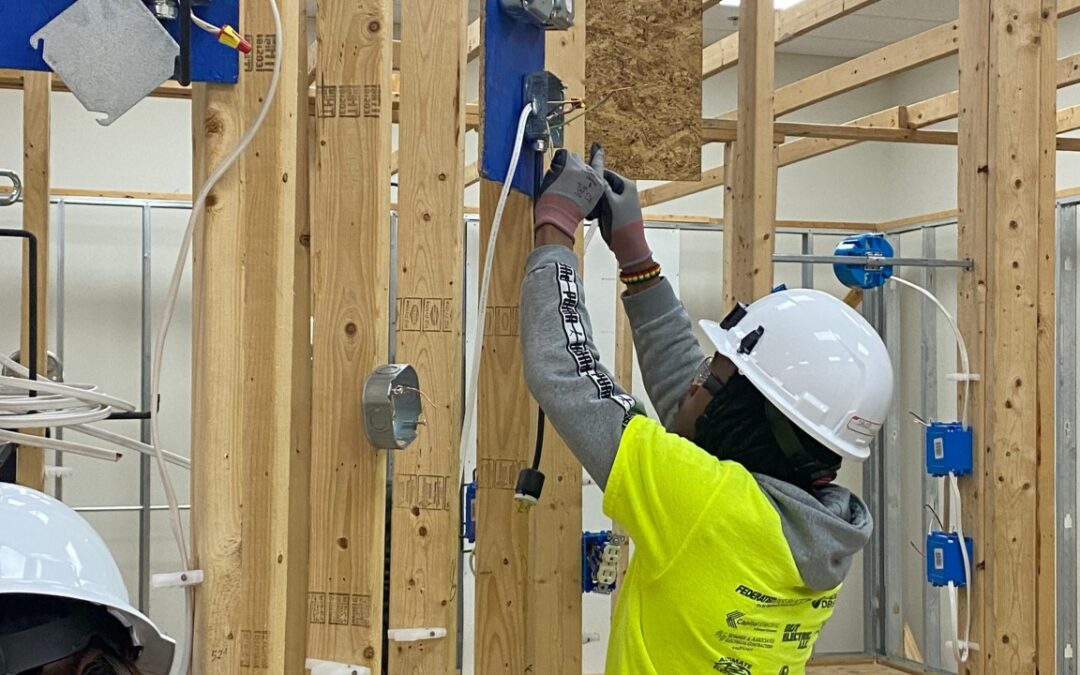Where to start?
There has been a lot of chatter in the last year or so regarding Gen X, Gen Y, and now Gen Z and their relationships to career trajectories. Gen Z has been coined “the toolbelt generation” or similar descriptions because, in large numbers, they are considering apprenticeships over or side by side with college educations.
Let’s set aside the clever “Gen Z (fill in the blank)” names for what people 18-25 years of age seem to be considering and look at electrical apprenticeship for a moment…because that’s what IEC Chesapeake does all day, every day.
In my opinion every generation brings with it particular stresses, expectations, and needs regarding employment. IECC has blogged several times in the past about the evolution of colleges and universities (over 100 years ago) making the power move to encourage family purse strings to invest in a college education, not just for knowledge, but for status.
It worked. It worked for a long time.
We have also acknowledged that there are still a number of careers that require the specialized training a college offers for certain industries, as examples, medicine and the law.
Apprenticeships work because apprentices’ work. Depending on the licensure requirements apprenticeships can run from one year to four years. In the electrical industry the apprenticeship is a four-year commitment during which time the person is employed full time.
An apprenticeship program is not an electrical class. An electrical class may run a couple of semesters and may cover a number of basic skills. An electrical class does not require employment or assist students with employment. An electrical class might be a great jump start for enrolling into an apprenticeship.
An accredited electrical apprenticeship program, like IEC Chesapeake , offers the four-year curriculum, can assist with networking the student to full time employment required by the state for On the Job Training (OJT) hours, provides academic class instruction as well as hands on labs, and graduates the apprentice on to their Journey Worker’s license.
I’m including links to two interesting articles (among many) that break down why it seems Gen Z in particular is eschewing college for apprenticeships; among these are:
College expense and the ROI on a college degree.
Less interest in educating themselves toward a corporate office and corporate atmosphere.
A perception that Trades take mental health more seriously than the typical corporate structure does.
See: Gen-Z Is Becoming the ‘Toolbelt Generation.’ That Could Hurt Your Hiring Chances
We Should Talk About Why the Gen-Z Workforce Is So Angry
There may be a great deal of truth in the information published about Gen Z’s distinct “anger” and dissatisfaction with the typical career trajectory- we call it a “career circuit…#whatsurcircuit”.
I haven’t studied that and cannot speak directly to it, but I can speak directly to the fact that the electrical industry offers a number of “circuits” that provide sound and lucrative futures. You can leverage your training up to a Master Electrician should you desire, start your own company, or work for firms that have as many as 5000 pairs of “boots in the field”.
If you are among the readers considering your education options or you are considering a serious career change, visit: Electrical Apprenticeship Programs by IEC Chesapeake
Forty-one years and counting- we’ll be here when you’re ready to consider one of the most in-demand trades in the country!














